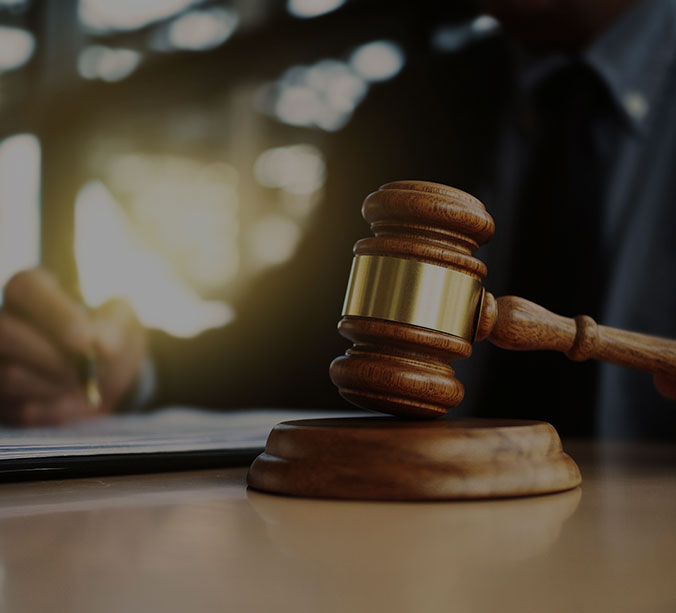The Pennsylvania Criminal Process
Criminal Process Topics
- Preliminary Hearing
- What Happens at an Arraignment in Pennsylvania
- Pre-Trial Conference
- Negotiated Plea
- Open Plea More Topics
- Nolo Contendere Pleas
- Not Guilty Plea
- Trial
- Sentencing
- Civil Asset Forfeiture Defense Attorney in Philadelphia
- Probation Violation Lawyer
- Becoming a Confidential Informant to Reduce Your Charge
Client Reviews
Experience was excellent, Mike answered any and all questions I had and handled everything. Made me feel like I got my money's worth, an experienced attorney who is good at his job.
Danile D.
